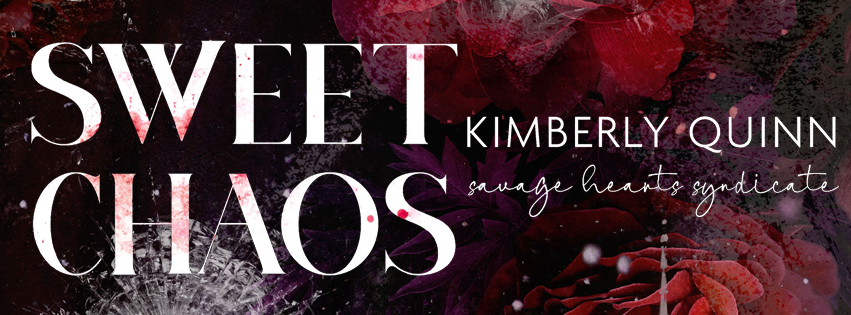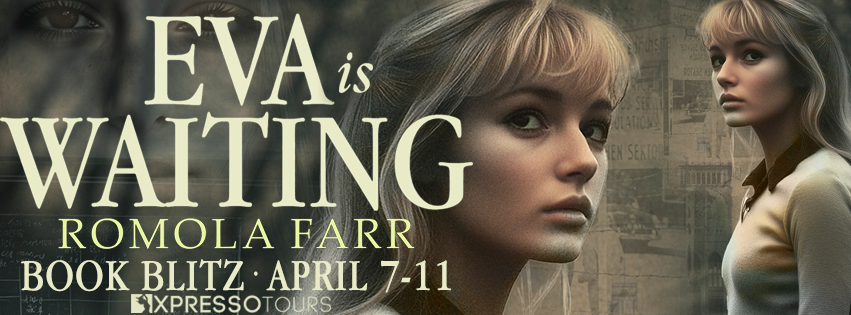Luke Blackmon's Rose
by Mary Patterson Thornburg
GENRE: Adult Romance (w/science-fantasy)
BLURB:
To
guard herself from the perils of her own sensuality, Rose married a
man she didn’t love. Now, two years after his death, she’s not
sure she can really love anyone. She’s not even sure she cares…
To
achieve what he’d always known was his birthright, Luke had to
struggle against tremendous odds. But when science discovered a way
to access the past, a powerful bureaucracy found a way to use Luke.
Now, torn from his own time, everything and everyone he knew, he can
see no reason to go on living…
An instant of attraction,
uninvited but inescapable, brings Luke and Rose together. Together,
they discover the strength to love, the will to trust and hope. But
will these things be enough to carry them over walls of suspicion,
guilt, bigotry, and hate?
Excerpt:
In 1930, he told her, he'd been in the midst of rehearsing a play in New York City. The play's title, Dark Fancy, rang no bells for Rose. "Well," Luke said, "it had a couple of wealthy backers, but the script was awkward. And the play wasn't a good fit for the time. People were beginning to want something light, given the look of things. A lot of folks had money troubles that year. Maybe the play didn't even open. They'd have had to find a new second lead, anyway... Or..." He frowned. "Or not, maybe. I don't know."
"You were the second lead?" she asked gently.
"Yes. Character called Tommy Carleton. His best friend was a man he'd known in college, a teammate, a white man, played by Roland Arnett… The actress playing the girl was colored, of course—quite light, but unmistakable. This was necessary, and that meant the Arnett character's blindness was also necessary." He laughed without much amusement.
"Oh, Luke. I'm sorry, but the whole play sounds terrible," Rose said. "Melodramatic, big problems with logic, and a bad script on top of that? I'll bet it didn't open. I'll look it up."
"I've described it... Not badly. Unfairly, perhaps. There was more to it, more to the Arnett role, and Arnett is—was—great. Deservedly famous. And problems with logic? Of course, but quite realistic, weren't they? The subject of race in this country is riddled with logical fallacies, always has been. Anyway, the play was exciting and controversial. Daring. Two years earlier and it would've packed them in. Even now—I mean in 1930—it would have had a decent run. If it opened.”
Interview with Mary Patterson Thornburg
How many books have you written and which is your favorite?
I’ve written three novels (the first one self-published); eight (I think) novellas; a bunch (ten? Twelve? More?) of short stories; one collection of fourteen stories that includes a couple of novellas; one long academic book (about Frankenstein); and three CliffsNotes. I had to go look to be sure, so I may have missed something or miscounted. Oh, and half a book (with LaVerne Hanners) of poems. My favorite is the most recent one, Luke Blackmon’s Rose.
If you’re planning a sequel, can you share a tiny bit about your plans for it?
It hasn’t quite reached the actual planning stage yet, but I’m thinking hard about it. It would begin about two years after the end of this book – and that’s all I can say without too many spoilers!
Do you want each book to stand on its own, or are you trying to build a body of work with connections between each book?
I want them all to be stand-alones, but there are connections among most of the novels and novellas. The setting is one connection – like Stephen King’s Castle Rock and other towns, I’ve set various pieces of fiction in a semi-imaginary small city in Indiana, Granville. And a few of my characters cross from one book/story to others. Four of my favorite characters from my novel The Kura have small parts in Luke Blackmon’s Rose; only one of them is identified, really, but I know who the other three are, and I was happy to see them all again.
How did you come up with the title for your book?
Sheer luck. I have a hard time with titles, usually – with thinking of them and with remembering other people’s titles. It’s weird; I can start reading a story, turn the page, and forget what the title is. I’d be lost without Wikipedia and Google. This time I didn’t even try for a title until I’d begun writing the book. But I had a stroke of luck while writing the prologue. My point-of-view character is writing a graduate school paper on Luke Blackmon, and she notes that a rose has been named after him: the Luke Blackmon rose. By chance then, I realized that her name (at that point in the book – she’ll change it a couple of times) is Rosalyn, a version of Rose. And, immediately, I thought, That’s the title! I like the way it sounds, the pattern of its sounds, and the weight of the words.
How long did it take you to write this book?
Just about two months from thinking about it to the end of the first draft (as I recall). Then another couple of months revising and endlessly tweaking. And another month of edits and more fine-tuning and proofreading. About a week ago I found a glaring error – wrong name for a character! – and had to alert my editor and beg her to change it. Sigh.
What does the title mean?
Well, it means the identity – one of the identities – of the point-of-view character. It’s the names of the title characters.
What did you learn when writing the book?
All through the writing, I was never sure that the story was any good at all, that it was even worth telling. And also, all through the writing, but on alternate days, I was convinced that it was a really good book, the best I’d ever written and probably the best I’d ever write. This had not happened with any of my previous fiction (I’m usually convinced that whatever I’m writing is a work of genius and will be in contention for a big prize). But I kept on going. What I learned from this, I think, is to stop worrying about it and trust the story.
What surprised you the most?
I had plans for one character, and had in fact named her: Mira. She’s the wife of another character, Kingsley Harris. I had her pictured in my mind, and had a vague feeling about her personality In one of the early chapters, I was getting ready for my POV-character (Rose, but at that point she’s calling herself “Lyn”) to meet her, and in fact I was about to have Mira’s husband introduce the two women. He’s leading Rose up the stairs to his apartment; he calls out to Mira that he’s bringing “his beautiful lady friend” home with him. Rose cringes, the upstairs door opens, and when Mira appears she is totally different in appearance from the woman I (and Rose too) had pictured. Mostly different in personality, too. It took my breath away!
Have you ever killed off a character your readers loved?
Killed off several in my novels A Glimmer of Guile and The Kura. I hope some readers loved some of them! I can’t say more just now...
What do you do to get inside your characters’ heads?
Years ago, I used to do all those suggested things – made a list of their hobbies, favorite foods, music, etc., and so forth. It never really helped. Usually I sort of am either in their heads before I start writing about them, by some sort of magic I can’t define, or I’m not there at all. Several times, if I needed or felt I wanted to keep the character, I’ve had to stop writing that book and write a short story about her or him. This happened with the main character in A Glimmer of Guile, and the novel showed signs of being a terrible bore. So I stopped writing it and, instead, wrote a story about her at the age of twelve, which somehow worked to make her real to me. When I went back to the novel, she retained enough of that young girl that I was able (I hope) to make the changes necessary for her to come alive.
AUTHOR Bio and Links:
Mary Patterson Thornburg has lived in California, Washington State, Montana, Indiana, and again, finally, in Montana. She was educated at Holy Names College, Montana State University, and Ball State University, where she then taught for many years. She's been reading science fiction and fantasy since she was five, and when she began to write fiction it seemed only natural to write in those genres. Her literary heroes are Mary Shelley, who gave us all a metaphor for technology alienated from its creators, and Ursula K. Le Guin and Octavia E. Butler, inventors of worlds that shine their powerful searchlights on this one. She writes what some people call “science fantasy” (aka “fake science fiction) within as wide a range as possible, but almost always with a bit (or a lot) of romance.
Connect with Mary Patterson Thornburg
Website ~ Amazon ~ Facebook ~ LinkedIn




















































5 comments:
Thanks for hosting!
Thank you, thank you for having me and my book on your blog today! Also, thanks for your interesting interview questions.
I enjoyed reading your interview.
Thanks, Kim.
Sounds like an interesting book.
Post a Comment